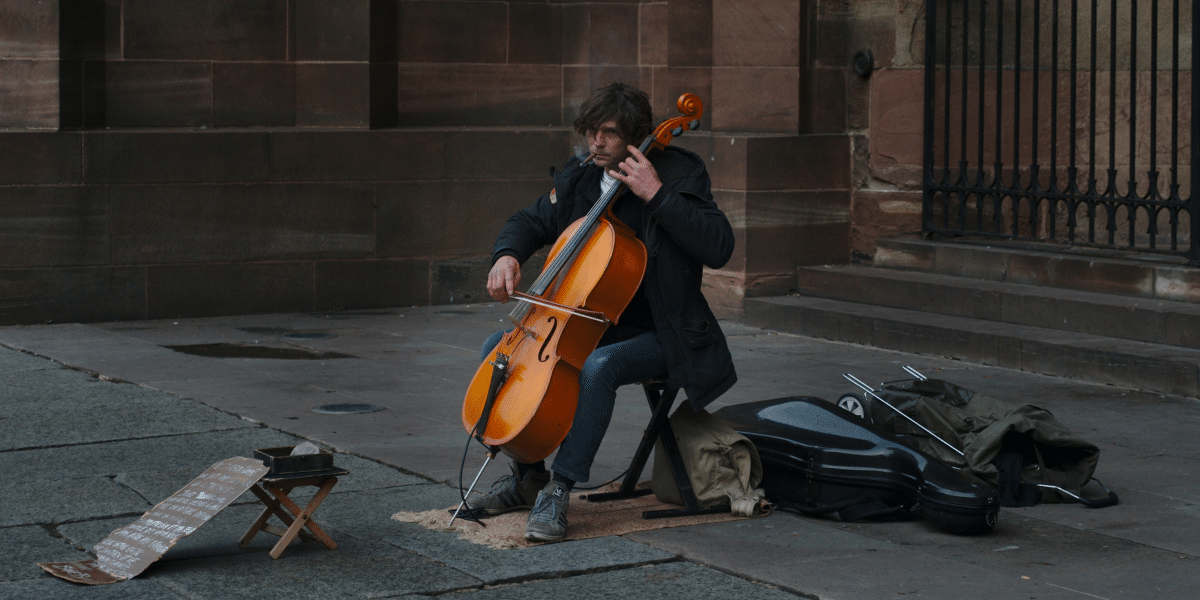Image Commercially Licensed from Unsplash
On June 26, 2015, the US Supreme Court (SCOTUS) issued its historic decision in Obergefell v. Hodges, effectively making same-sex marriage legal nationwide. In one stroke, it rendered state bans on same-sex unconstitutional across the country and required all states to recognize marriage licenses for same-sex couples — even if they were from other states.
At that time, Kollyn Conrad, founder of the LGBTQIA+ nonprofit organization Publicly Private, was a newly out gay man. “That Supreme Court decision displayed that love wins,” he remembers. “It showed me personally that we were stepping towards a society of equality. For society at large, I believe it demonstrated the resilience of the LGBTQIA+ community.”
This year, the anniversary of the Obergefell v. Hodges decision presents an apt moment not only to reflect on its significance, but also to consider what would happen if the current SCOTUS were to reverse it.
The importance of same-sex marriage
According to Conrad, the SCOTUS’s decision in Obergefell v. Hodges is still relevant today. “It remains important because marriage provides certain assurances,” he explains.
Among its many benefits, marriage is first and foremost a symbol of love and commitment to an individual’s partner, but it also provides a legal foundation for raising children. Additionally, marriage provides access to a spouse’s health insurance plan, joint tax filing, and the ability to inherit property without paying taxes on it. Spouses also have the unquestioned right to make medical decisions for each other without completing complex paperwork.
For the last eight years, LGBTQIA+ individuals in the US have enjoyed the option of marriage. Now, however, many worry that Obergefell v. Hodges could be reversed.
Obergefell v. Hodges is in danger
The makeup of the current SCOTUS is vastly different from that of 2015, which has had implications for the decisions it has delivered. Over the course of several decades, the Republican Party has made a concerted effort to fill the Court with conservative Justices, who now boast a 6-3 majority.
In an important new development, this conservative majority has demonstrated a willingness to overturn precedent. When SCOTUS reversed Roe v. Wade in the 2022 Dobbs v. Jackson case, Justice Clarence Thomas wrote an opinion that questioned whether Americans have a constitutional right to privacy — one of the main pillars of Roe v. Wade.
The idea of a constitutional right to privacy is also one of the main pillars of Obergefell v. Hodges. This has led many to fear that the conservative majority on the SCOTUS now intends to reverse the court’s previous decision to legalize same-sex marriage.
The US Congress took notice, passing the Respect for Marriage Act in December 2022, in case SCOTUS opts to overturn Obergefell v. Hodges. President Biden signed it into law soon afterward, yet this new legislation is limited in some important respects.
The limits of the Respect for Marriage Act
While the Respect for Marriage Act extends federal recognition to same-sex marriages and requires all states to accept other states’ same-sex marriages, it does not require all states to offer same-sex marriages. Similar to how the Dobbs v. Jackson decision has required people who are pregnant to travel out of certain states to seek an abortion, a reversal of Obergefell would require same-sex couples to travel out of certain states to marry.
“This would be a huge step backward,” Conrad explains. “It would be a loss of rights we worked tirelessly to secure. If overturned, many queer couples would no longer be able to marry in their states, so the ability to seek union would become more challenging for many.”
But that is not the only adversity facing the LGBTQIA+ community at present. According to Conrad, a larger culture war has spurred further legislation that targets members of this community.
“Even though the federal government has offered funding for HIV testing, states like Tennessee have refused it,” he explains. “Policies like this target at-risk populations. In addition, many states continue to ignore the alarming health statistics surrounding the LGBTQIA+ community.”
How Publicly Private can help
The current atmosphere of hostility toward LGBTQIA+ individuals highlights both how and why they need support now — even more so than just a few short years ago. Luckily, Conrad has built Publicly Private into a nonprofit organization that provides a discreet online platform for members of the LGBTQIA+ community to access support and build community. His own background as a gay man in the South inspired him to found the organization.
“Publicly Private provides critical and life-saving resources to promote the well-being of the LGBTQIA+ community,” Conrad explains.
Publicly Private provides help in three main areas. The first is Explore, an online information and awareness center that discusses revolving topics of Culture, Community, and Health.
The second is Venture. “This is an online sexual health center,” Conrad notes. “People can access prophylactics, screening for sexually transmitted infections or diseases (STIs and STDs) including HIV, and baseline Pre-exposure Prophylaxis (PrEP) services.”
The third is Strengthen. “This provides supportive group therapy sessions for LGBTQIA+ and their parents to harmonize struggles,” Conrad explains.
No matter where you are in the country, Publicly Private can help. “We work to ensure our platform is approachable to any LGBTQIA+ individual needing aid,” Conrad affirms. “Our services cater to your privacy while publicly advocating for change.”
The resilience of the LGBTQIA+ community
While the future of Obergefell v. Hodges may be uncertain for its anniversary this year, Conrad strikes a hopeful note. “The LGBTQIA+ community is resilient,” he says. “Even though we have been targeted more than ever this year, we must remain confident in our fight for equality.”
With Publicly Private on their side, members of the LGBTQIA+ community can be confident that they are not alone — no matter what state they live in. By helping members of the community come together, Publicly Private is leading the fight for acceptance and ensuring a more equal future for all.












